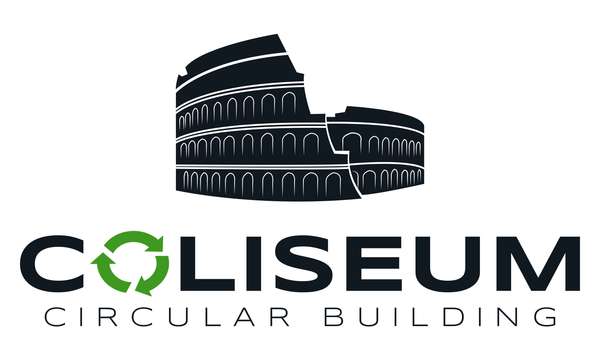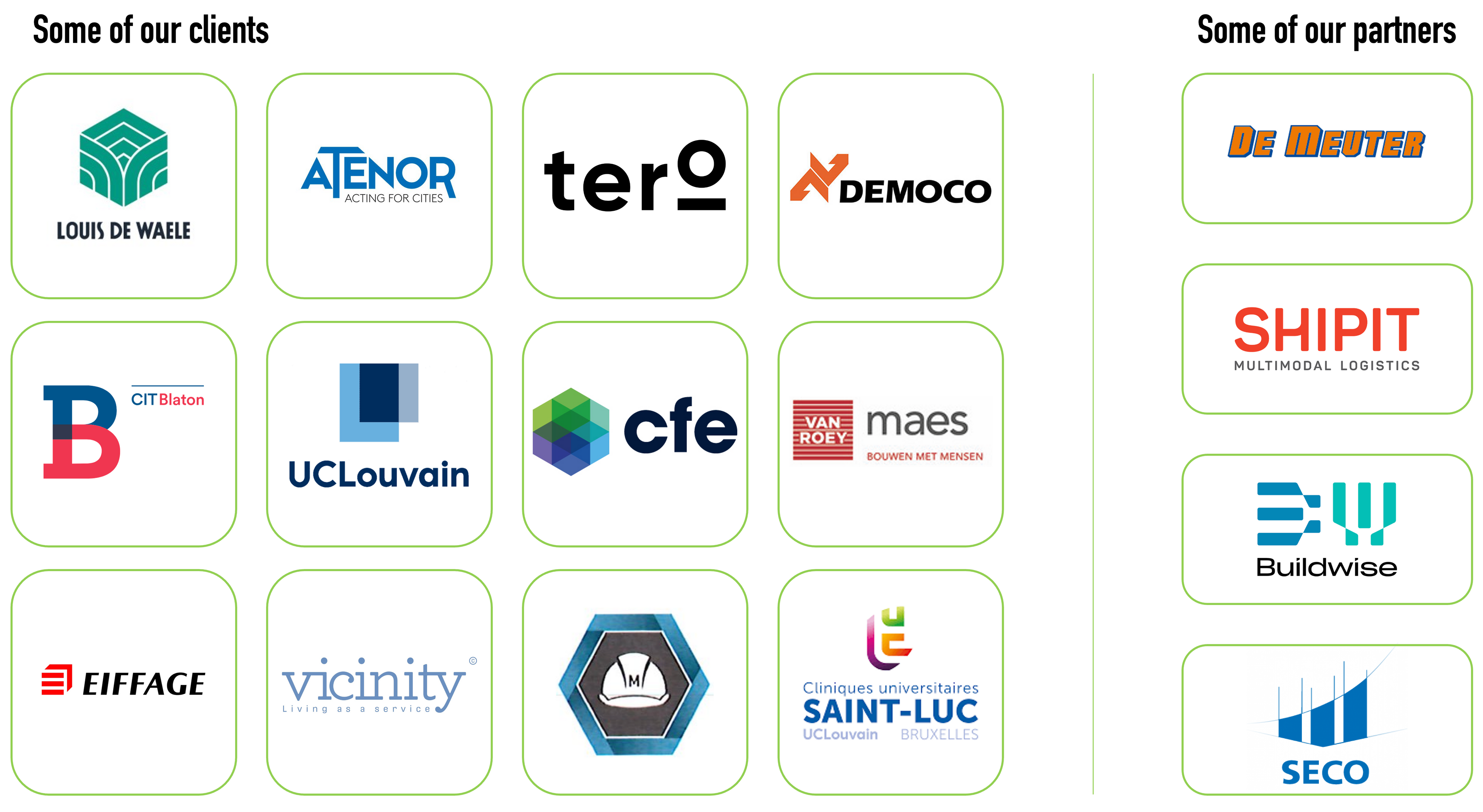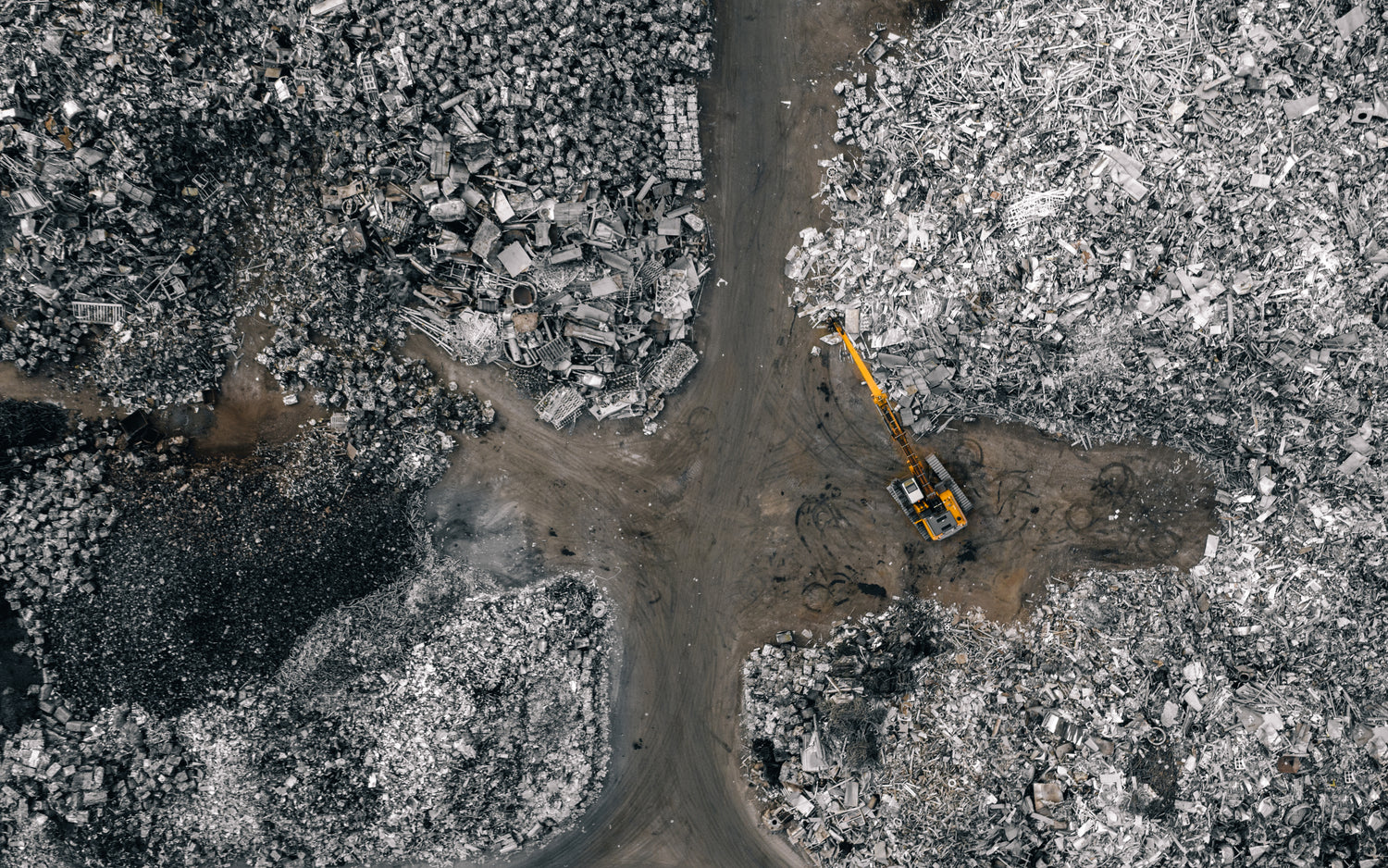
Construction, a key sector for the climate transition
The environmental impact of the construction sector is significant: it represents nearly 40% of global energy consumption, around 30% of CO2 emissions and 50% of materials extracted each year. In addition, it generates almost a third of the waste produced worldwide.
Using circular materials is an effective way to limit the impact of a construction project.
Why build with circular materials?
-
Improve the environmental impact of your business
By limiting the impact of your construction projects, you contribute to your environmental strategy, thus meeting the values of your company and the requirements of your various stakeholders.
-
Respond to the regulatory framework of today and tomorrow
Regulatory requirements are increasingly numerous (European taxonomy, etc.). Using circular materials is an effective way to align your operations with these requirements.
-
Providing an innovative solution to cost and availability challenges
Construction projects are becoming more and more expensive. Adopting circular practices is a way to reduce your costs and diversify your sources of supply.
Some examples of regularly requested products
-
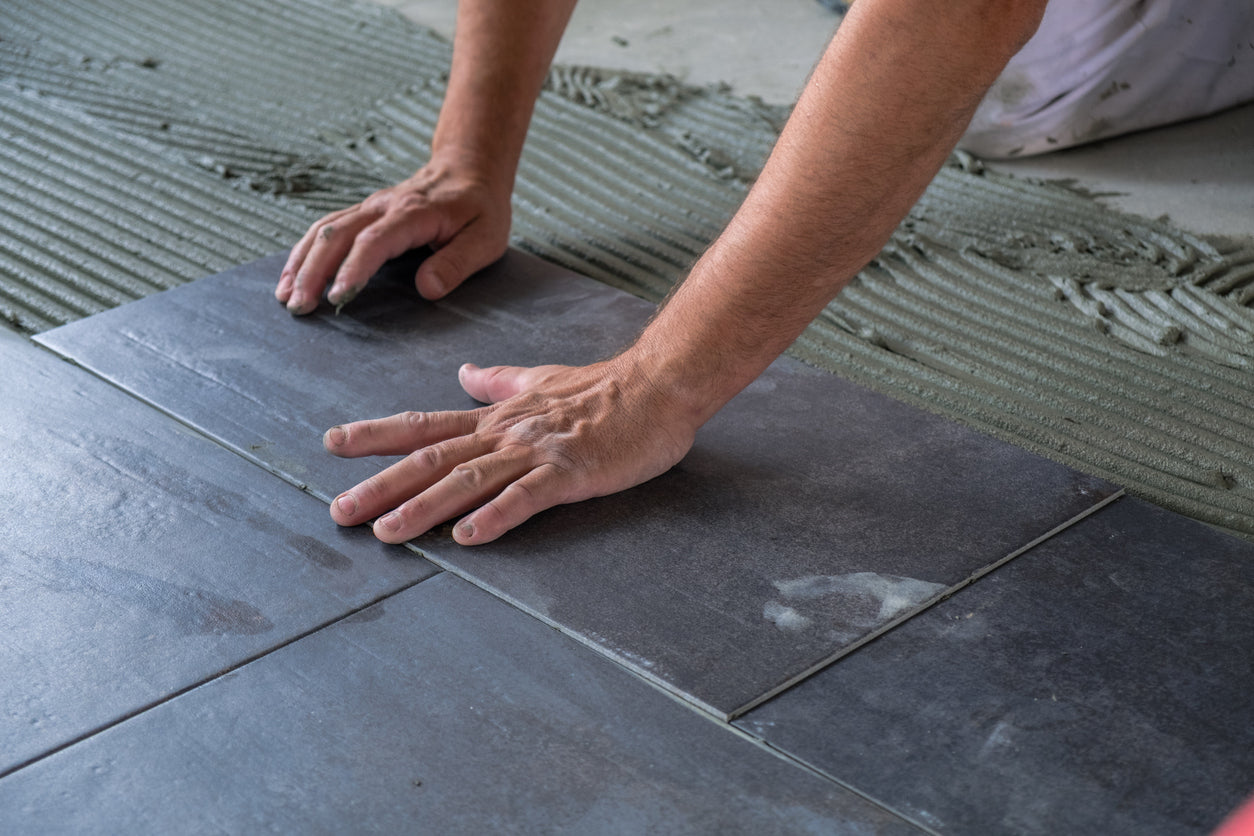
Floors
Interior and exterior floor coverings: tiles, parquet, carpets, vinyls, paving stones, clinkers, etc.
-
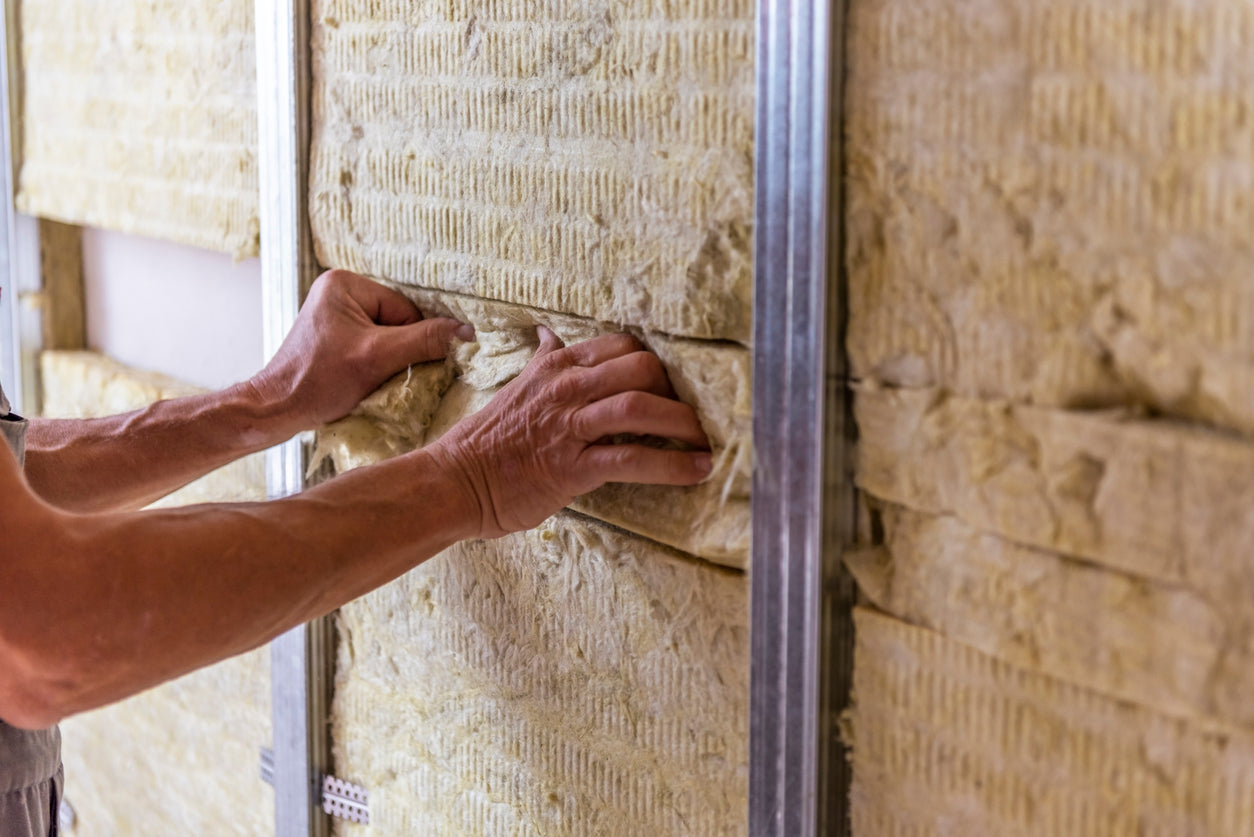
Insulation
Insulating plates or rolls: glass, wood and rock wool, synthetic insulation (PIR, PUR, XPS), etc.
-

Wood
Structural wood (chevron, batten, etc.), flooring or cladding, for interior and exterior. Doors and other joinery elements.
-
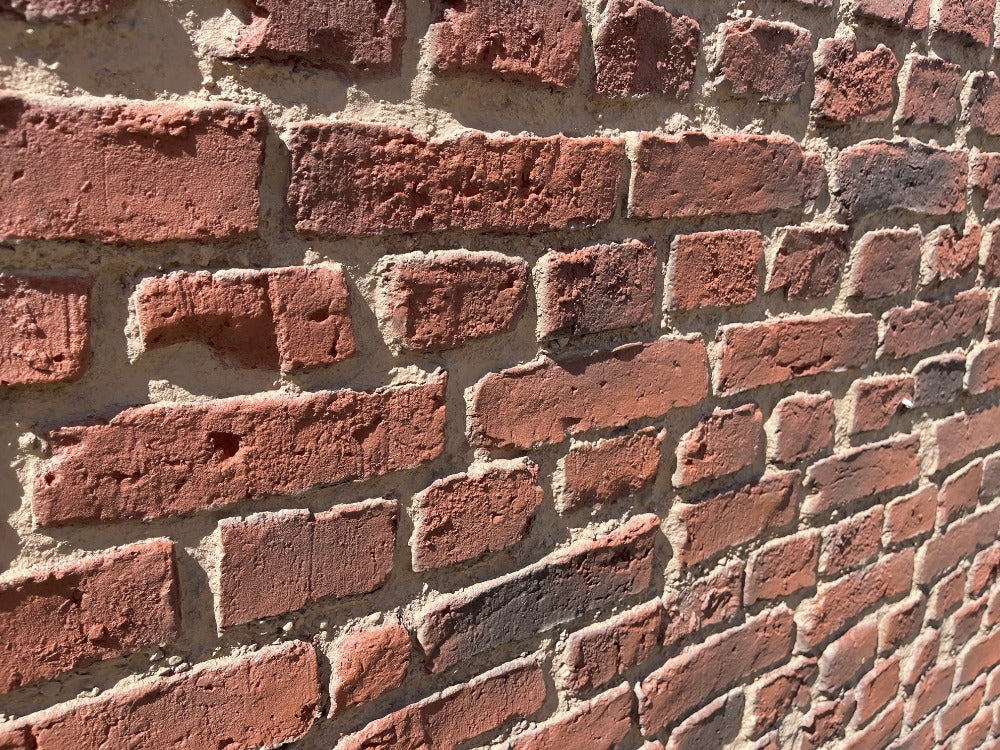
Facades
Facade cladding: bricks, stones and other facing elements (metal, concrete, etc.) or masonry (tiles, Ytong, etc.)
-

Sanitary
Sink, taps, WC, shower screen and other sanitary elements.
Coliseum's approach stands out in three ways:
-
Wide availability
We are able to supply a very wide range of materials and significant quantities, thanks to the materials available in a vast network of partners which we have brought together in a single catalog.
-
Quality
Depending on the needs of the project, we include in our services a technical verification of the materials proposed which can range from a technical information sheet to laboratory tests.
-
Operational ease
We offer an integrated logistics solution: your materials are delivered to your site on the desired date.
All operations required upstream (disassembly, reconditioning, storage, etc.) are fully covered.
In practice, how does it work?
-
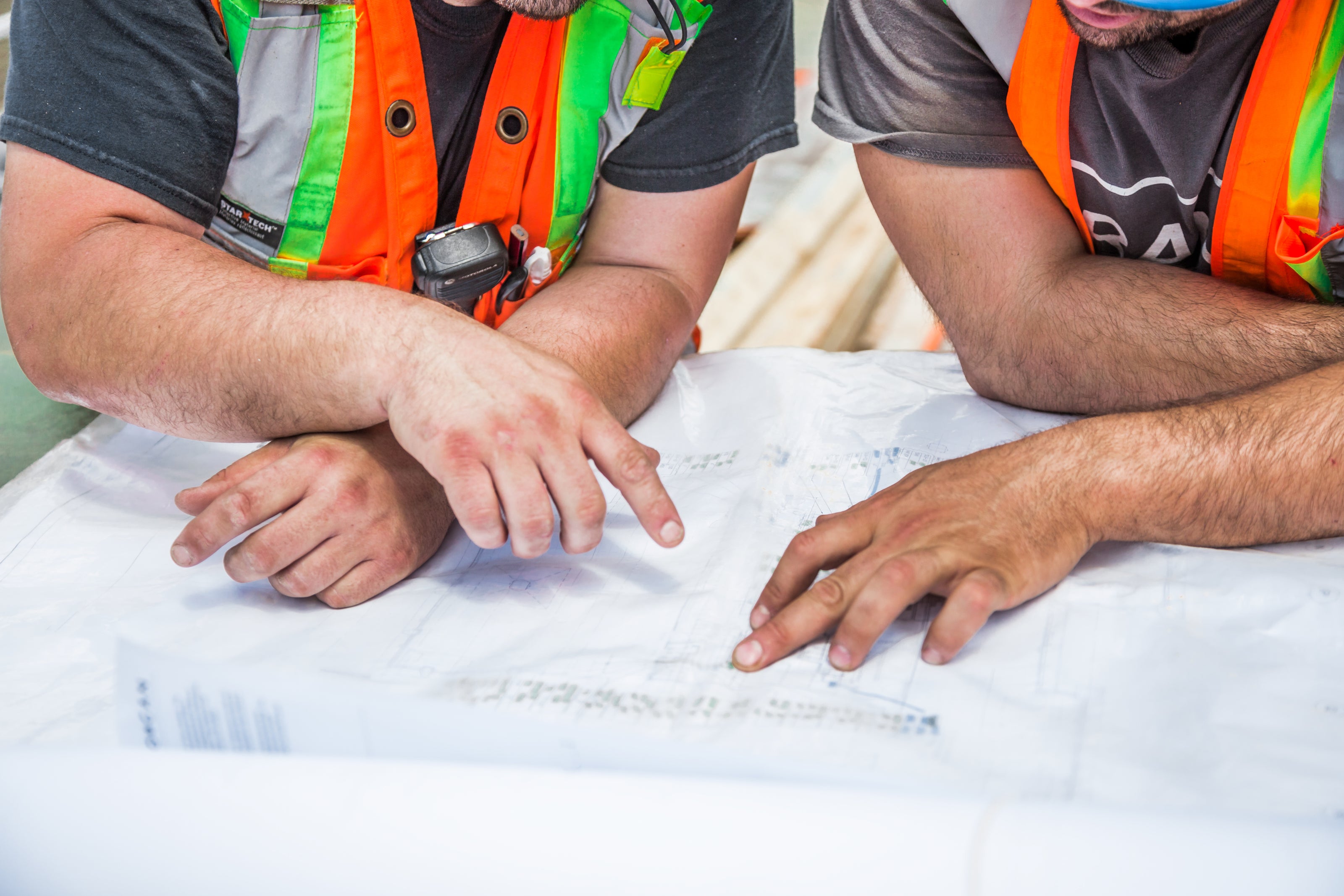
Step 1: Needs analysis
We study your project and your constraints (quantities, price, quality and timing).
We identify the positions with the most potential in terms of availability, CO2 impact and economic feasibility.
-
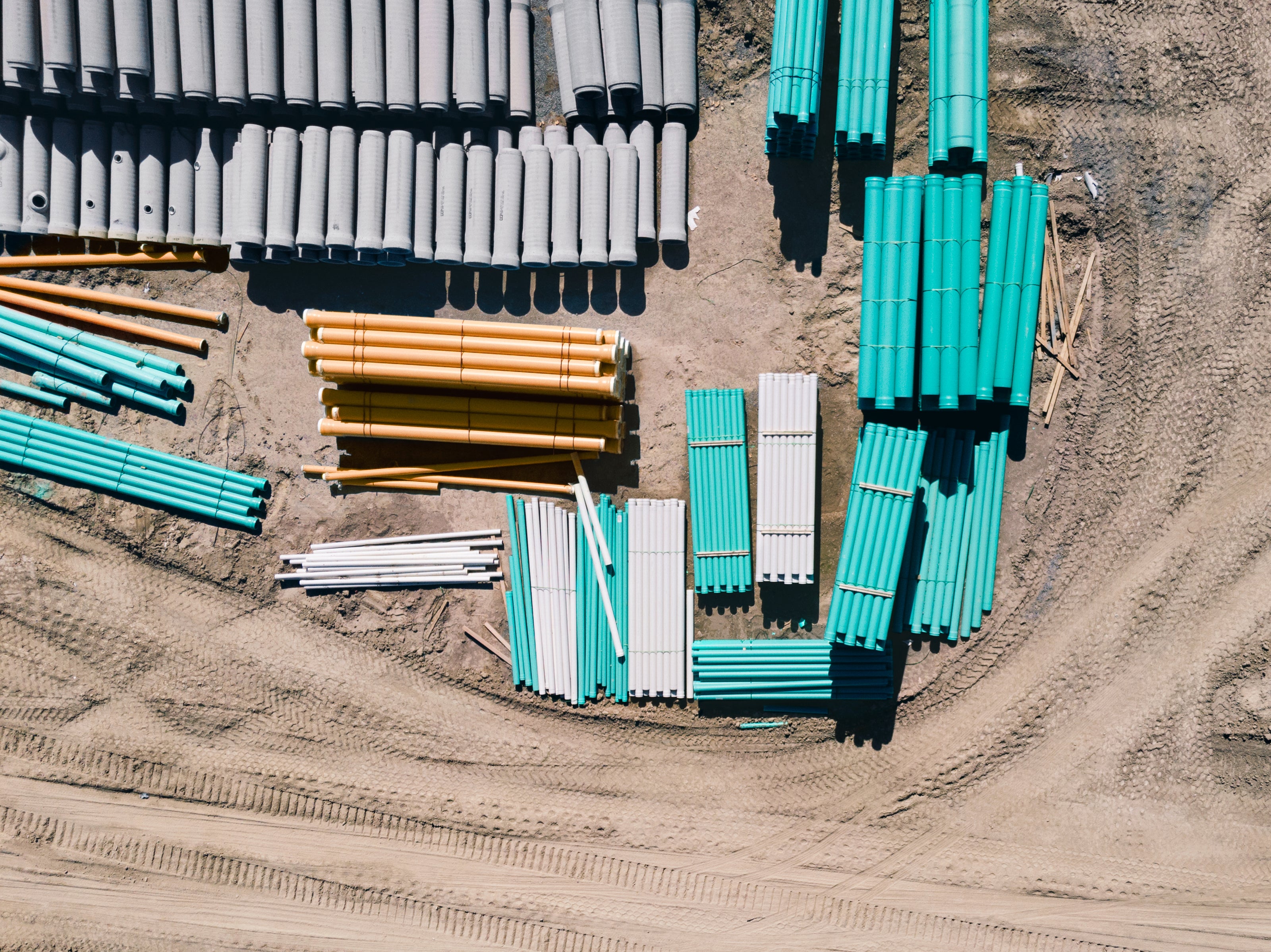
Step 2: research and validation
We search for materials in our extensive catalog and formulate concrete proposals (prices, deadlines, etc.).
The prices offered are all-in (including all upstream logistics). If necessary, we carry out quality tests or certifications.
-
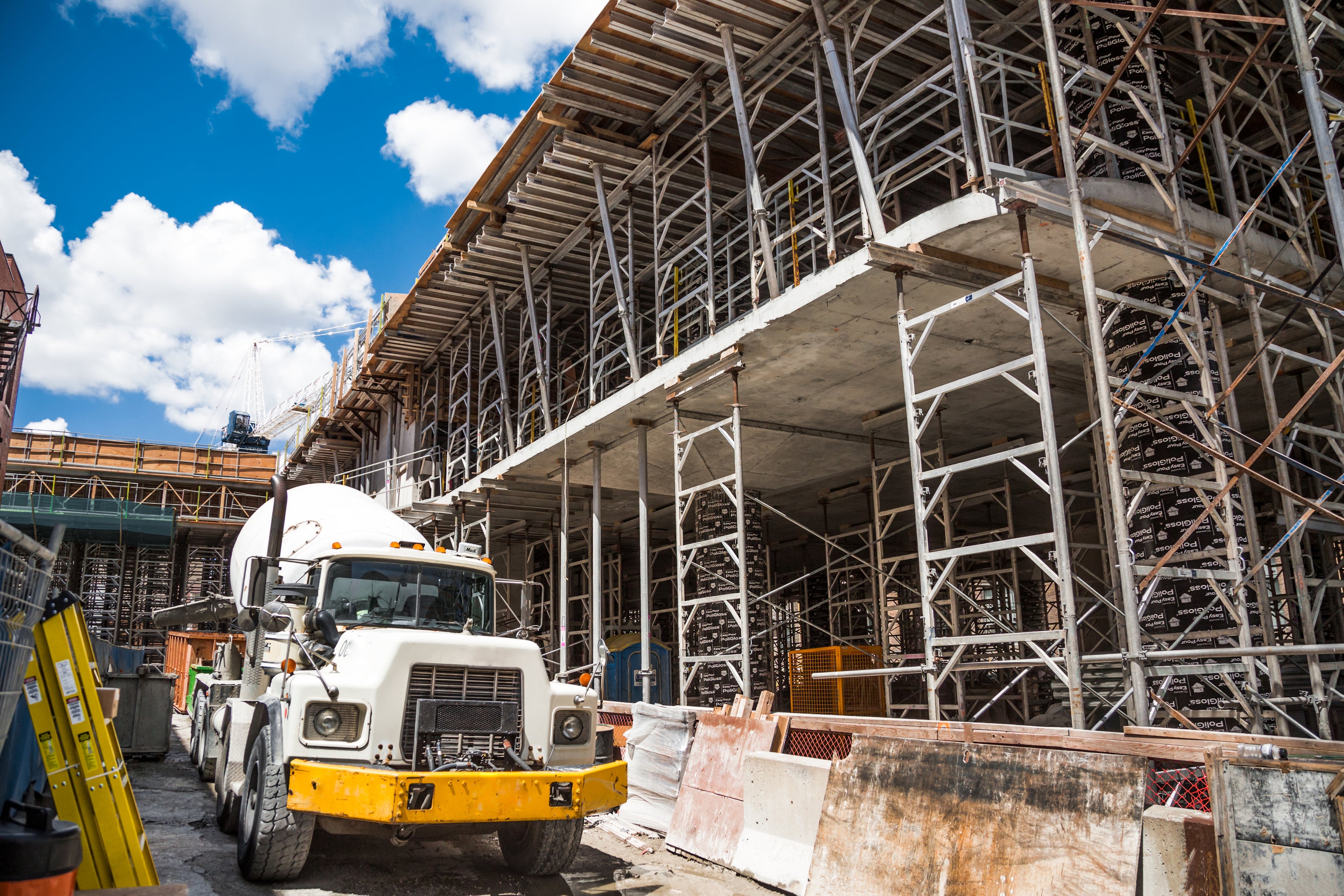
Step 3: execution & delivery
We deliver to your site on the desired date and we generate an analysis of the CO2 impact of the operation.
If necessary, we coordinate dismantling, cleaning, reconditioning, etc. operations.
